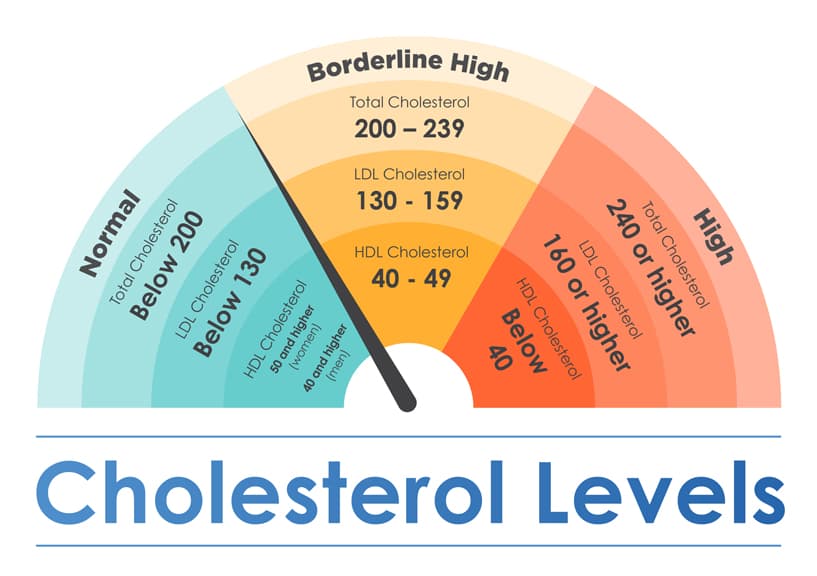[ad_1]
Unemployment levels across Europe have soared, leading to the highest Eurozone unemployment rates for a decade. The figures relate to the 16 counties across Europe which are using the Euro, a currency which has fared well throughout the global recession. Unfortunately the job market has not fared quite so well.
The unemployment rate has crept up to 9.2 per cent, compared to 7.3 per cent in April last year. The highest unemployment figures across the Eurozone were seen in Spain, which has a current unemployment rate of 18.1%.
Across the whole of the EU, which includes some 27 member states, the figures alsi indicated rising unemployment. In these 27 countries unemployment rose to 8.6 per cent in April, a 2 point increase since the previous month. European data analysis company Eurostat put the estimated number of unemployed in the EU at 20.8 million.
In 25 of the 27 EU countries unemployment rose in the past few months, with only Romania and Greece witnessing a fall in unemployment. Although recent reports have suggested an increase in economic growth, it does not look like this has reached the jobs market as yet.
Howard Archer from IHS Global Insight said: “It will be some time before any improvement in economic activity feeds through to help the jobs outlook.
“Furthermore, we suspect that economic activity will remain too weak to actually generate jobs overall until well into 2010.
“Deep and extended economic contraction, depressed business confidence and deteriorating profitability are currently increasingly feeding through to push unemployment up sharply across the eurozone.”
Youth unemployment is a particular area of concern, with figures across Europe suggesting that 18.5 per cent of under 25’s are without a job. Many graduates have struggled to find a job despite having respectable qualifications as employers take the safe option and go for experience over youth and fresh ideas.
Graduates have reported that in response to growing youth unemployment in the UK they have been encouraged to seek jobs abroad and return to the UK post recession. This advice was backed by the National Union of Students and Government bodies, despite the fact that recession does appear to be global and many who have gone abroad to work have not succeeded in securing a job.
One student said: I know people who have gone to Australia to work. They are having a really hard time finding any kind of work,” while the Association of Graduate Recruiters described the current feeling among graduates saying: “Almost any work is better than no work at all.”
Many who graduated in the past year are now living with their parents and claiming jobseekers allowance. Some graduates are considering the option of further studies, but are wary of building up more debt.
“I’m going to continue on Jobseekers Allowance for another month and continue my job search and then decided if I’ll go on the course,” said one graduate who is currently living with her parents.
Elspeth Farrar, Association of Graduate Careers Advisory Services added “It’s been bad for those who graduated in 2008, it’s going to be awful for those who graduate this year but it’s nothing compared to what the graduates of 2010 are going to face.”
[ad_2]



